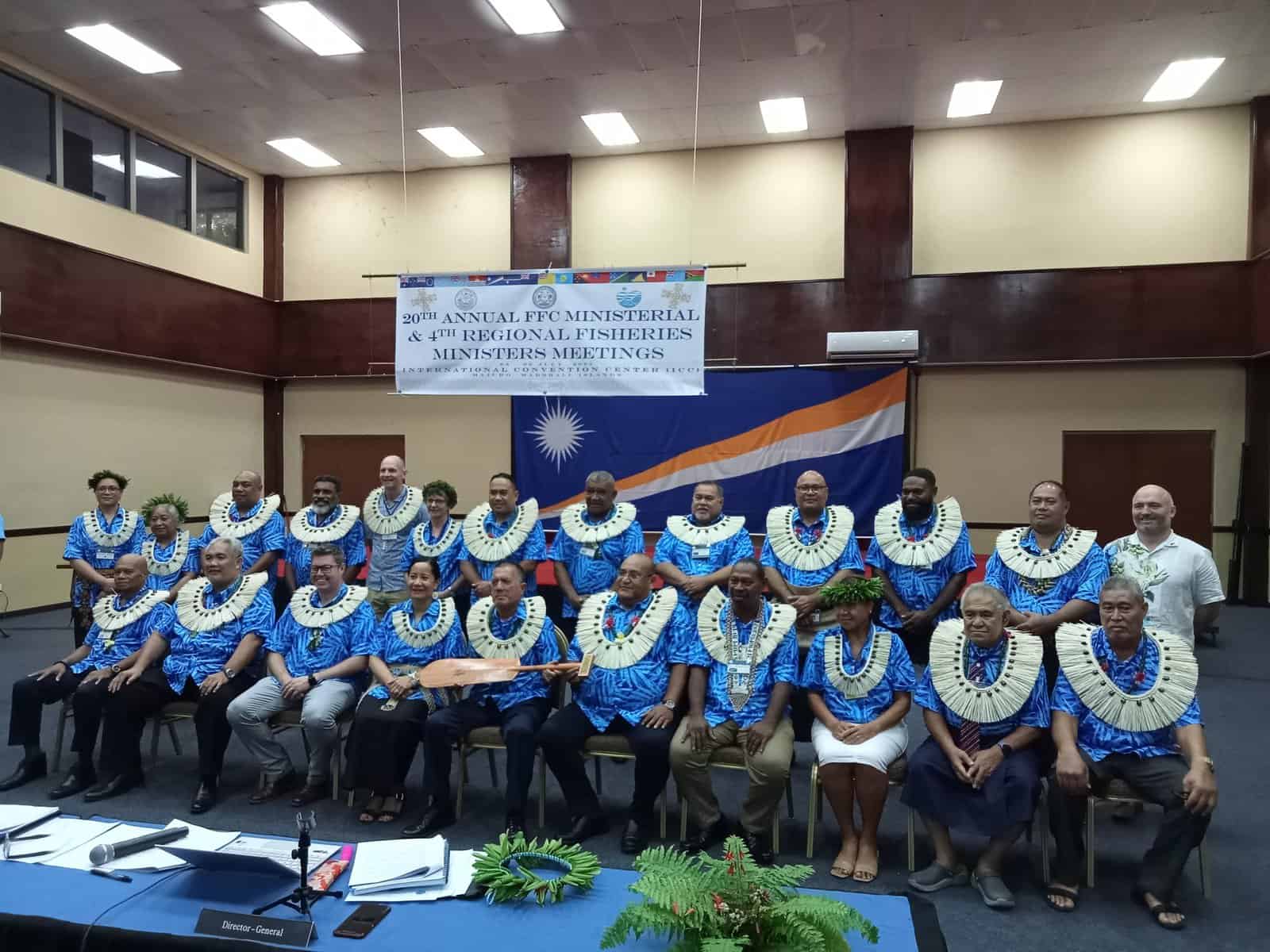Pacific Islands Forum Fisheries Agency member countries have been unable to conclude an agreement for distribution of US$60 million a year that the United States government has promised for fishing access by the American tuna fleet.
The FFA will meet this week in Papua New Guinea for the third time in an effort to resolve differences over a new distribution system for what is supposed to be a 10-year stream of funding from the U.S. government.
Marshall Islands Natural Resources and Commerce Minister, John Silk, is chairman of the FFA as a result of the Marshall Islands hosting the annual meetings of FFA officials and ministers in Majuro earlier this year.
As chair he said he’s been working to bring the group together. But during the first two meetings, the FFA members were not able to agree to a new distribution plan.
The U.S. government announced last year that it plans to extend the long-term U.S. Pacific Islands Treaty by providing US$60 million annually for 10 years to the FFA for the U.S. fishing fleet to have access to fish in the waters of all FFA members. This funding is included in President Joe Biden’s budget that is awaiting Congressional approval.
The Biden administration views the U.S. Pacific Fishing Treaty as a key element of its diplomacy to counter China in the region.
The U.S. Pacific Islands fisheries treaty has been in place since 1987. The distribution formula in place for earlier iterations of the fisheries treaty provided for a portion of the funding to be divided among each island member based on where the fish was caught and a portion that was shared equally among all members, whether U.S. vessels fished in their waters or not.
With the amount the U.S. is providing now tripled compared to the 1980s and 1990s, agreement on a new distribution method has been a challenge for the FFA members.
Silk said in an interview he was hopeful that at the upcoming third round of talks in PNG, the FFA would find common ground for a distribution plan.
